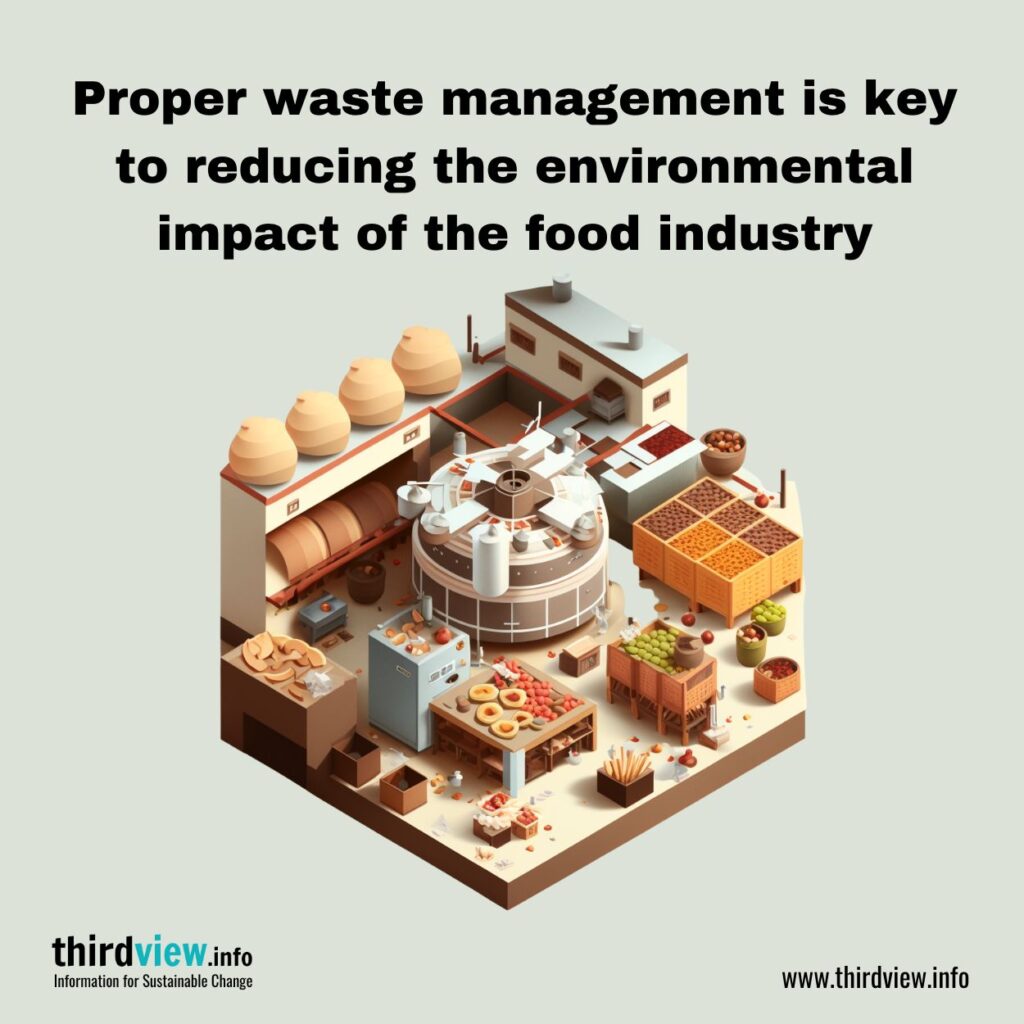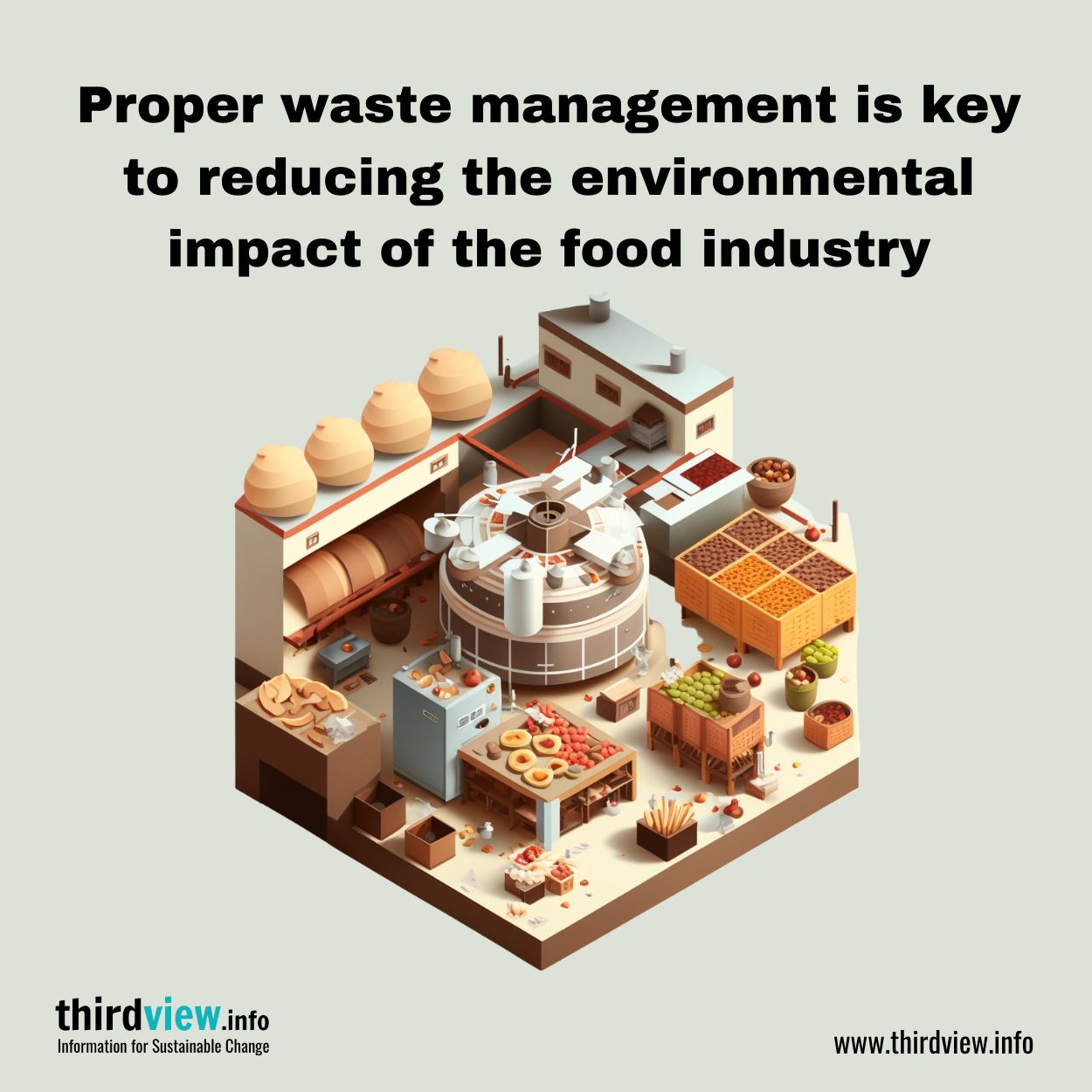It’s no secret that the food industry has a significant impact on our environment. From food production to packaging, transportation, waste management, and more, there are many elements that contribute to its environmental impact. Fortunately, there are simple things that everyone can do to reduce the environmental footprint of their food consumption. Let’s break it down.
Food Production
The production of food plays a major role in its environmental impact. Intensive farming practices such as over-tilling soil and overgrazing livestock can result in soil erosion and desertification. Additionally, excessive use of pesticides and chemical fertilizers can contaminate groundwater and threaten biodiversity. To reduce your environmental footprint when buying food from local suppliers or grocery stores, look for organic labels or buy locally produced goods whenever possible to support sustainable farm practices.
Transportation & Packaging
Transporting food from one place to another requires an extensive amount of fuel usage which emits large amounts of carbon into the atmosphere—especially when considering long-distance transportation such as imports or exports. As far as packaging goes, single-use plastic is a major contributor to plastic pollution and climate change due to its slow decomposition process. To reduce your carbon footprint in this area, try buying local produce that doesn’t need to be transported long distances or opt for bulk items with minimal packaging. You can also bring your own reusable shopping bags or containers when you go grocery shopping.
Waste Management
When it comes to reducing our environmental footprint, proper waste management is key. Food waste is one of the biggest contributors to global warming due to methane emissions released during decomposition in landfills. We can combat this by composting our organic waste at home or donating unused non-perishables rather than throwing them away. Additionally, using biodegradable materials for packaging can help reduce your environmental impact even further.
Reducing your environmental impact does not have to be difficult. By taking simple steps such as choosing organic foods from local producers whenever possible, opting for bulk items with minimal packaging and transportation needs, composting organic waste at home or donating unused non-perishables instead of throwing them away – you can make a huge difference in reducing the overall impact of the food industry on our planet. So don’t forget – every little bit helps.


